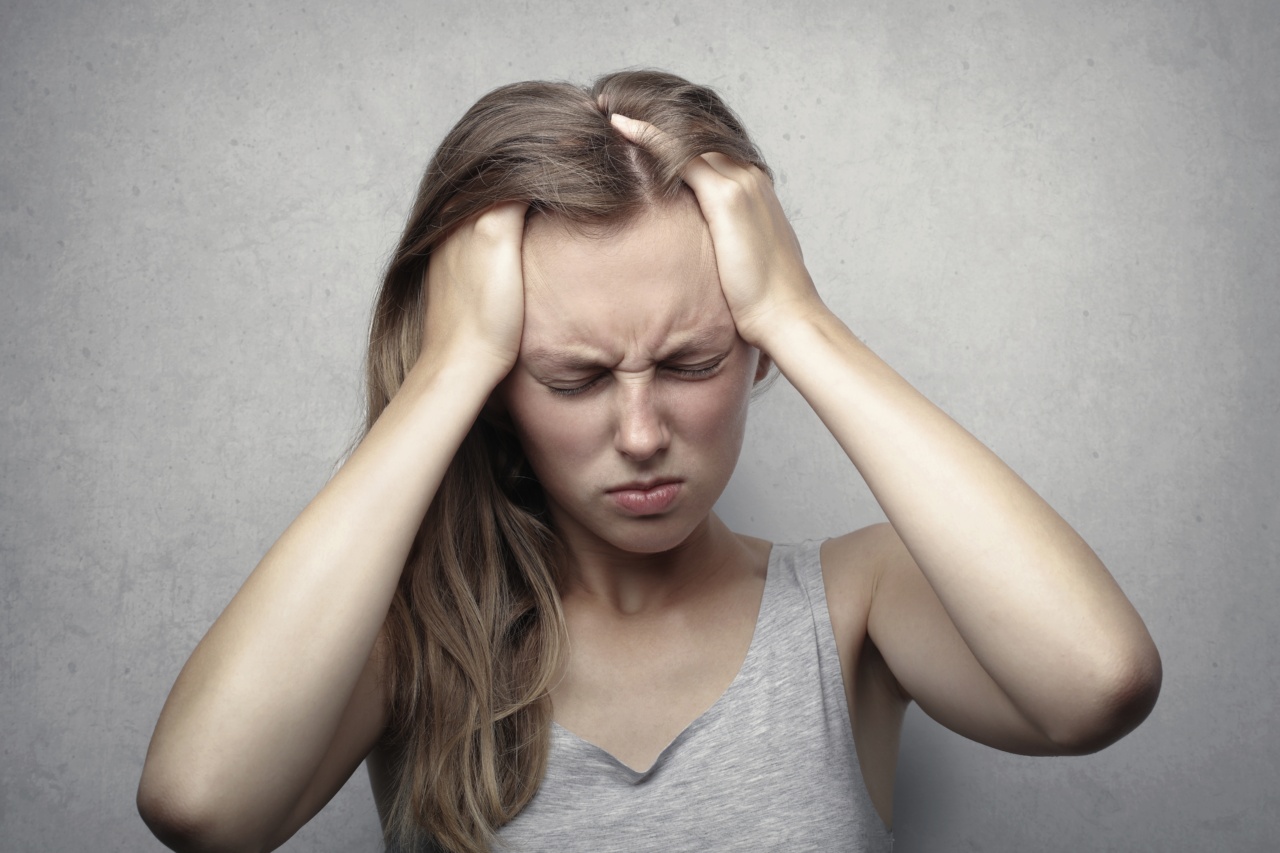Hair graying is an inevitable part of the aging process. While it typically starts to show up in your thirties, genetics and environmental factors can cause changes to your hair color at any time.
One environmental factor that has received a lot of attention in recent years is stress. It has been suggested that stress can cause hair to turn gray prematurely. But what is the science behind this claim? In this article, we will explore the impact of stress on hair graying.
What is Hair Graying?
First, let’s discuss what hair graying is. Hair color is determined by the presence of pigments called melanin. As you age, your body produces less melanin, which causes your hair to lose its color and turn gray.
Hair graying is a natural and normal process that occurs as you get older. However, some people experience premature graying, which means their hair starts to turn gray before the age of 30.
The Science Behind Hair Graying
According to researchers, hair graying is caused by a buildup of hydrogen peroxide in hair follicles, which blocks the production of melanin. Melanin is responsible for giving hair its color, so when it is blocked, hair turns gray.
This buildup of hydrogen peroxide is typically caused by a decrease in an enzyme called catalase, which breaks down hydrogen peroxide.
Stress and Hair Graying
There have been several studies that suggest a link between stress and hair graying. One study published in the journal Nature found that stress can cause a depletion of melanocyte stem cells, which are responsible for producing melanin.
Without these cells, the body cannot produce enough melanin to color hair.
Another study published in the journal Scientific Reports found that stress hormones like cortisol and adrenaline can damage melanocyte stem cells, which leads to premature hair graying.
The study was conducted on mice, but the researchers believe the findings have implications for humans as well.
While these studies provide some evidence for the link between stress and hair graying, it is important to note that more research is needed to fully understand the relationship between stress and hair color.
Other Factors that Affect Hair Graying
While stress may play a role in hair graying, it is not the only factor. Genetics, age, and race all play a role in when and how hair graying occurs. For example, Caucasians tend to experience gray hair earlier than people of Asian or African descent.
Smoking and vitamin deficiencies can also contribute to premature hair graying.
Can You Reverse Hair Graying?
There is currently no way to reverse hair graying. However, there are some treatments that can help slow down the process. For example, hair dyes can cover gray hair and make it look darker.
Some people also take supplements like biotin and vitamin B12 to support healthy hair growth.
The Bottom Line
Hair graying is a natural part of the aging process. While stress may contribute to premature graying, it is not the only factor. Genetics, age, and race all play a role in when and how hair graying occurs.
If you are concerned about premature graying, talk to your doctor to rule out any underlying health issues.





























